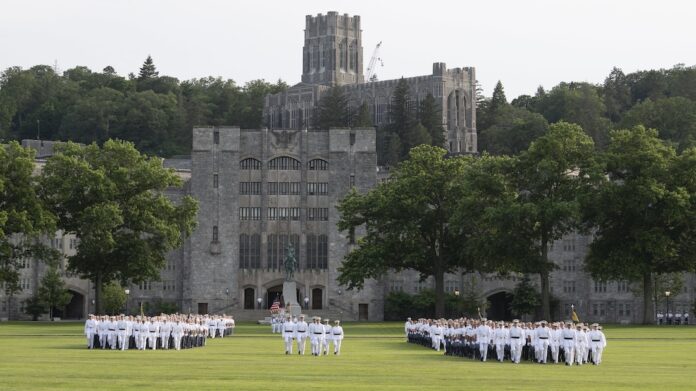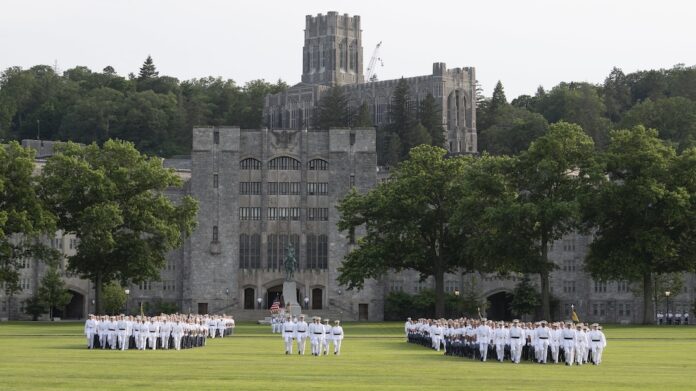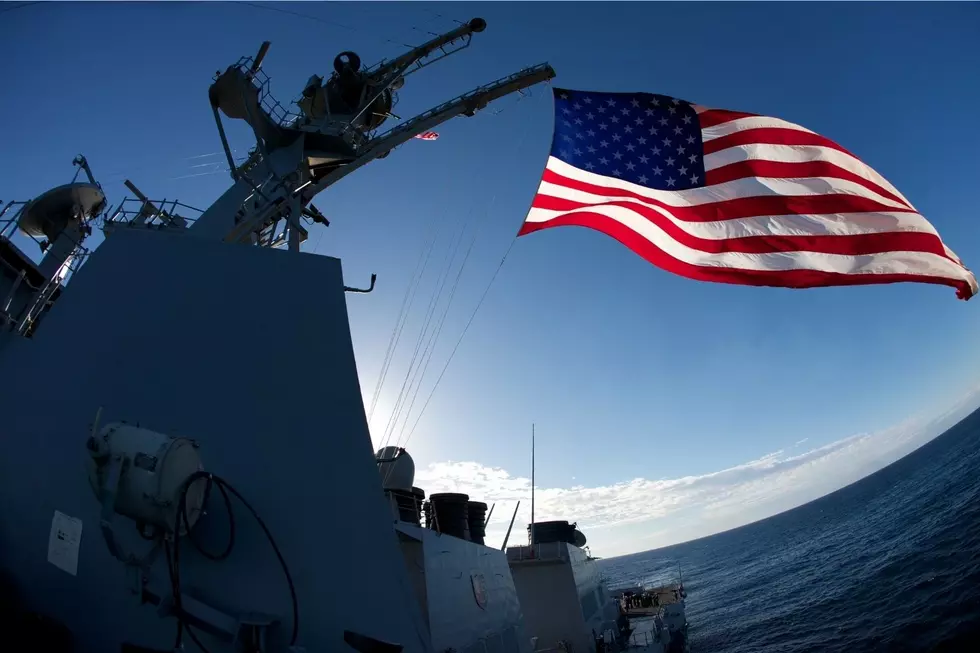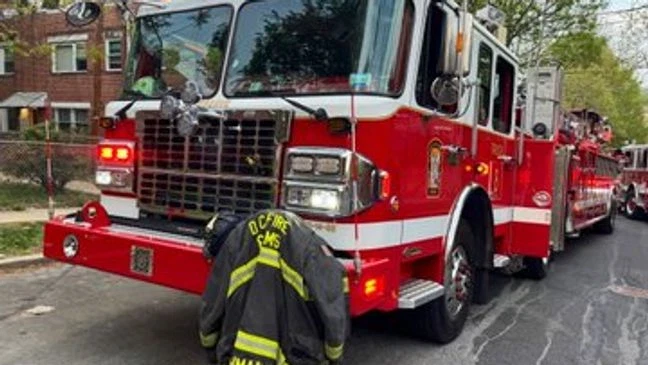WEST POINT, N.Y. — Over 1,200 young men and women from across the United States and 14 other countries took their first collective steps as future Army leaders on June 30, as the United States Military Academy welcomed the Class of 2029. On Reception Day, they stood on the green fields of West Point clad in matching white shirts and gray trousers, ready to begin a journey defined by discipline, resilience, and purpose.
Just hours before the cadet oath ceremony, these new cadets were ordinary teenagers—high school valedictorians, varsity athletes, sons and daughters celebrated in their hometowns. Some had already worn a military uniform, while others had spent a preparatory year at the U.S. Military Academy Prep School. Despite their diverse paths, they now faced a shared challenge.
A Grueling First Day
Reception Day, often called “R-Day,” is a whirlwind initiation into military life. From the moment they arrived, cadets were thrust into an unfamiliar environment—buzzed haircuts, brisk movements, medical evaluations, equipment issue, physical fitness testing, and relentless instruction. The combination of stress, strict discipline, and the sweltering June heat left many visibly drained.
Parents watching from the stands struggled to spot their children in the sea of identical uniforms. The individuality they had celebrated was now cloaked under a shared purpose—service to the nation. This transformation marked the beginning of an intense four-year experience filled with academic rigor, physical training, and leadership development. Post-graduation, cadets are required to serve at least five years of active duty, followed by three years in the reserves.
From All Walks of Life, One Purpose
Behind the uniformity of appearance lies a mosaic of backgrounds and motivations. Cal Tsuneyoshi, of Streitcoom, Washington, was inspired to serve after visiting the Korean Demilitarized Zone during a school trip. His father, a Vietnam veteran, encouraged him to apply to West Point.
Leilani Ariana Ramos of Pennsylvania saw the academy as a path to a top-tier education and lifelong friendships. She attended the West Point Prep School to strengthen her candidacy and was surprised to find her father reunited with an old West Point friend—both had graduated in 2003 and gone through Ranger School together.
Aric Hunter, from rural New Hampshire, grew up working on a dairy farm and was drawn to the discipline and values of the military, following in the footsteps of his Army veteran father and school principal mother.
Others, like Klayton Allen Simmons from Illinois, sought adventure and a lifelong military career. Dillon Watt of Texas shared that his goal was “to play basketball but also to become a good leader and have a great education.”
While their reasons differ—patriotism, challenge, education, or a desire to lead—they are unified in their willingness to sacrifice comfort for purpose.
Facing the ‘Beast’ and the Road Ahead
In the coming weeks, cadets will endure “Beast Barracks,” the academy’s intensive six-week basic training. Through grueling physical drills, teamwork, and strict discipline, they will be pushed beyond their perceived limits. Those who endure will begin academic training in August, where they will face demanding courses in engineering, leadership, and the humanities—all while meeting rigorous physical and military standards.
They’ll also learn the values of duty, honor, and country—not just as mottos, but as guiding principles for leadership. Each cadet will be assigned to a squad, then a company, and eventually find their place in the Corps of Cadets. Over the next 47 months, they’ll transform from civilians to military officers and, perhaps, future leaders in every field imaginable.
Families Torn Between Pride and Worry
For many parents, R-Day was a bittersweet moment. Their lifelong instinct to protect was now replaced by pride and concern. Watching their children march into Eisenhower Hall, knowing they were heading into one of the toughest experiences of their lives, brought tears to many eyes.
The large doors closed behind the cadets with a resounding thud, leaving behind silence, reflection, and a strong sense of reverence among the families. Though they couldn’t walk this path with their children, they knew they had raised young adults with the courage to answer a higher calling.
A Legacy of Service
Colonel Rance Lee, Director of Admissions at West Point, emphasized the significance of this new class. “As we celebrate the Army’s 250th birthday, the Class of 2029 stands as a living tribute to the enduring call to serve,” he stated. “This patriotic group of young men and women left the comfort and safety of civilian life to devote themselves to becoming guardians of duty, honor, country and our United States Constitution.”
Their journey may have just begun, but the legacy they now inherit is centuries old. From George Washington’s vision in 1802 to today’s mission to develop leaders of character, West Point continues to produce citizens who serve not just in uniform, but in boardrooms, classrooms, and government chambers.
More Than Just Soldiers
While West Point’s mission is to train Army officers, its graduates often go on to serve the nation in broader roles—as CEOs, engineers, professors, policymakers, and community leaders. These young cadets may one day help shape national decisions, lead critical missions, or mentor the next generation of leaders.
In a world facing complex challenges, the presence of principled, educated, and service-minded individuals is more essential than ever. The cadets of the Class of 2029 are stepping into that role with eyes open and hearts committed.
As one parent remarked while watching the oath ceremony, “They’re not just joining the Army. They’re stepping into history.”
















Leave a Reply